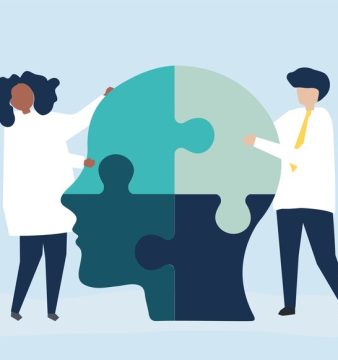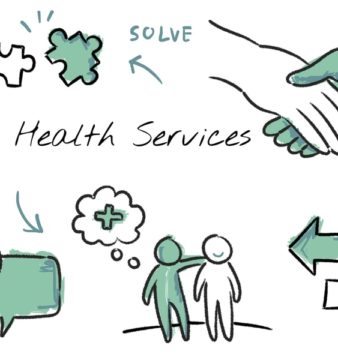Decision Fatigue: The Science Behind Making Bad Decisions

Have you ever wondered how many decisions we take every day? Why is it that sometimes we take the wrong decision despite better judgment? And could the number of decisions we take every day influence their effectiveness?
Based on an article in Psychology Today, a person takes about 35,000 decisions every day, from what to eat, to what to wear and more. Clicking on this article to read more was a decision you just made, one of many.
Our day-to-day life depends on decision-making, as without decisions we won’t get anywhere. However, as one navigates through the day taking decision after decision, they become mentally low on energy and their mental ability to process and take the most fitting decisions begin to deplete. This leads to a phenomenon called decision fatigue.
‘Taking decisions uses the very same willpower that you use to say no to doughnuts, drugs, or illicit sex,’ says Roy F Baumeister, a psychologist who studies decision fatigue and co-author of the book, Willpower: Rediscovering the Greatest Human Strength. ‘Willpower is like a muscle: overuse temporarily exhausts it,’ he added.
When your brain suffers from decision fatigue, it begins to find shortcuts to handle situations, and you become what researchers call, ‘Cognitive miser’.
The term ‘cognitive miser’ describes the ability and tendency of the human brain to problem-solve in the simplest and most straight-forward ways rather than utilising more sophisticated and effort-intensive ways. By doing this, the brain conserves energy.
Being a cognitive miser, more often than not, entails picking easier choices rather than the right one just to ‘get it done with’.
Now, it is not possible to stop making decisions after making a certain number of them, but there are ways to prevent and tackle decision fatigue. Below we’ve listed a number of these techniques collected from research studies.
- Conserve your energy: While most of us are not Mark Zuckerberg or Barak Obama and cannot wear shades of grey or a uniform, we can cut down on the amount of energy we spend on deciding what to wear, what to eat and where to eat, by picking out outfits for the entire week and meal prepping in advance!
- Prioritise your decisions: Most important/urgent first. Whenever possible try to schedule important meetings and taxing tasks as the first thing in your day. That’s when your decision-making ability is at its best!
- Feed your brain: Whenever faced with an important decision, never do it on an empty stomach. Have something with a high sugar content. Studies and research by former president of the Society for Personality and Social Psychology Dr Todd Heatherton has shown that glucose is a vital part of willpower.
- Sleep on it: When you hit a wall with a decision, don’t make an impulsive one, instead take a nap or sleep and deal with it the next day.
‘Sometimes what’s needed is a period of unconscious thought — equivalent to “sleeping on it” according to the researchers — in order to make better decisions,’ says an article on Live Science. ‘In unconscious thought, we weigh the importance of the components that make up our decision more equally, leaving our preconceptions at the door of consciousness.’
‘Even the wisest people won’t make good choices when they’re not rested and their glucose is low,’ Baumeister points out. That’s why, the truly wise, don’t restructure the company at 4 pm. They don’t make major commitments during the cocktail hour. And if a decision must be made late in the day, they know not to do it on an empty stomach. ‘The best decision makers,’ Baumeister continues, ‘are the ones who know when not to trust themselves.’
 Afnan Hassab describes herself as your typical dreamy millennial. A 22-year-old surgeon-in-the-making by morning and a struggling writer and blogger, by night. Dedicated humanitarian, unwavering feminist, relentless debater, obsessive cleaner and a coffee addict among other things. Born and raised in Jeddah, KSA. Went to college in Sudan. Based somewhere between these two countries and more.
Afnan Hassab describes herself as your typical dreamy millennial. A 22-year-old surgeon-in-the-making by morning and a struggling writer and blogger, by night. Dedicated humanitarian, unwavering feminist, relentless debater, obsessive cleaner and a coffee addict among other things. Born and raised in Jeddah, KSA. Went to college in Sudan. Based somewhere between these two countries and more.





lover this article! super helpful